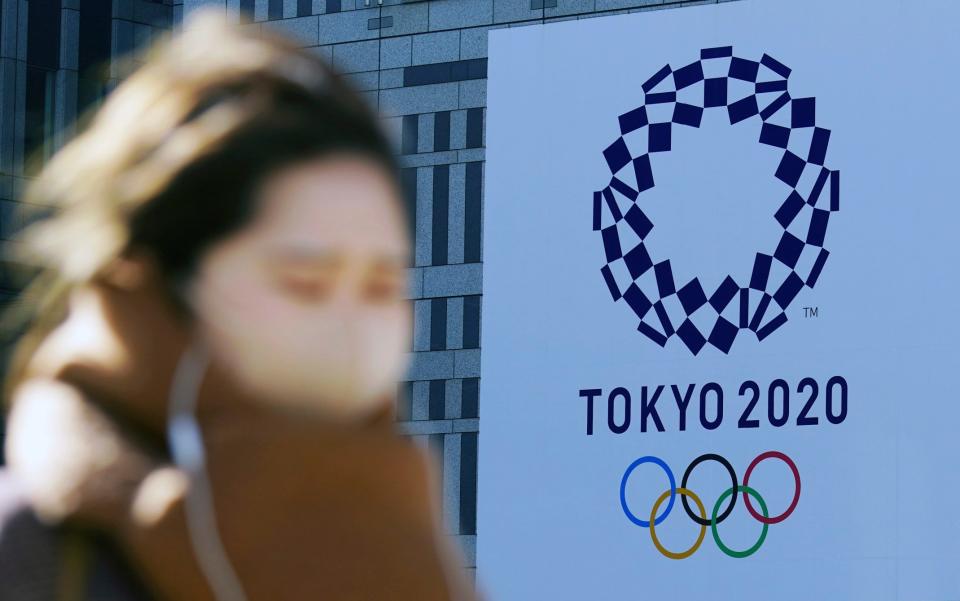Tokyo 2020 organisers warned on impact of vaccine inequality on Games' integrity

Coronavirus-vaccinated athletes at the Olympics and Paralympics would have an unfair advantage over rivals denied the jab before the Games, organisers were warned on Saturday night.
Amputee long jumper Stef Reid became the first Tokyo 2020 hopeful to voice concerns about the “massive difference” between richer and poorer countries’ access to the various vaccines being offered around the world and the distorting effect their availability could have on the world’s biggest sporting event.
As exclusively revealed by Telegraph Sport on Friday, the International Olympic Committee is working with the World Health Organisation to try to get all athletes vaccinated in an attempt to save this summer’s Games.
That includes accelerating Covid-19 jabs for competitors where national programmes are yet to begin, which could spark an ethical debate, with sporting bodies such as the Premier League ruling out buying stock for footballers.
Reid told Telegraph Sport: “If there was an issue, for example, with distribution and maybe they decided that enough athletes had the vaccine and they weren’t going to worry about the rest, it would feel a little bit strange, because it would be a performance advantage.
“Even if you showed up to the Games three weeks earlier, you contracted it, you were able to complete your quarantine period, there’s no way you’re going to be competing at your best from the reports that you read about how people feel about it. It would just be weird.”
Sources close to the discussions between the IOC and WHO say there is no suggestion of athletes being given priority over vulnerable groups.
Reid, a medallist at the past three Paralympics and a former world champion, agreed with that, but said a decision needed to be made to make clear exactly where those competing in Tokyo stood in the pecking order.
“This is a world issue,” she said. “It’s a societal issue. It would almost need to be turned back onto the community.
“Where do we see sport? Do we think this event is important? What do we think it stands for? Because if we do collectively agree that it’s worth sending athletes representing their countries, of course they would want to protect them.
"And it would be really tough to envision a scenario of a safe Games where athletes weren’t vaccinated.”

 Yahoo Finance
Yahoo Finance 